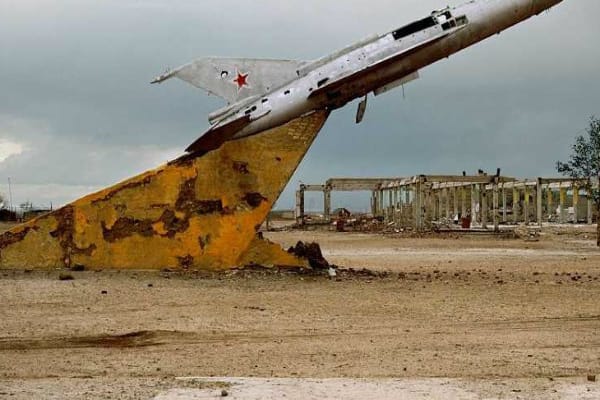BHUBANESWAR: A day after nine firefighters fell sick while trying to contain leakage of chlorine gas on the campus of SCB medical college and hospital in Cuttack, the Odisha Fire Service on Thursday decided to prepare a standard operating procedure (SOP) for its personnel to deal with chemical disasters.
Director general of police (fire service and home guards) Bijay Kumar Sharma said a training module will soon be devised and experts roped in to train the fire personnel on skills to cope with disasters, stemming from lethal chemicals and radiation.
Sources said the nine fire service personnel, who were taken ill, did not use breathing apparatus while trying to remove the leaked chlorine cylinder from the pump house of public health engineering organisation (PHEO) on the medical campus. Over 30 others, including some medical students were also taken ill after inhaling the obnoxious gas. "We always use the mask. But in a hurry to respond to the crisis on Wednesday, we rushed to the spot without carrying the breathing apparatus," said one of the fire service personnel.
Sharma lauded the efforts of his men. "I understand they should have used the masks. We will also ensure that the proposed SOP will highlight all the dos and don'ts. Timely intervention of our personnel averted a major mishap. They deserve to be rewarded," Sharma said, adding two of the nine officers, who were taken ill, are still undergoing treatment at SCB medical. One of them is 60-year-old Laxmidhar Pradhan, who will retire after three months.
Sharma said the fire personnel are already trained on the basics to carry out rescue operation amid smokes. But this was the first time they came across a situation, involving leakage of hazardous gas. "We have a smoke chamber at the fire training academy here where our personnel undergo regular training. Now they need to be trained to hone their skills to cope with chemical and radiation disasters. If possible, we will send them to training institutes outside," Sharma said.
Significantly, the Centre had in 2011 included Bhubaneswar and Cuttack among fifty cities in the country to train police personnel to cope with radiological disaster. Cops of Chandrasekharpur police station (Bhubaneswar) and Jagatpur police station (Cuttack) were selected for the training by the national disaster management authority (NDMA). The project was named Mobile Radiation Detection Systems (MRDS). Odisha may not be having any nuclear plant, but hospitals, industrial units and research laboratories, located in large numbers in the twin cities, are vulnerable to radiological disaster as those institutions use nuclear and radioactive materials.
Director general of police (fire service and home guards) Bijay Kumar Sharma said a training module will soon be devised and experts roped in to train the fire personnel on skills to cope with disasters, stemming from lethal chemicals and radiation.
Sources said the nine fire service personnel, who were taken ill, did not use breathing apparatus while trying to remove the leaked chlorine cylinder from the pump house of public health engineering organisation (PHEO) on the medical campus. Over 30 others, including some medical students were also taken ill after inhaling the obnoxious gas. "We always use the mask. But in a hurry to respond to the crisis on Wednesday, we rushed to the spot without carrying the breathing apparatus," said one of the fire service personnel.
Sharma lauded the efforts of his men. "I understand they should have used the masks. We will also ensure that the proposed SOP will highlight all the dos and don'ts. Timely intervention of our personnel averted a major mishap. They deserve to be rewarded," Sharma said, adding two of the nine officers, who were taken ill, are still undergoing treatment at SCB medical. One of them is 60-year-old Laxmidhar Pradhan, who will retire after three months.
Sharma said the fire personnel are already trained on the basics to carry out rescue operation amid smokes. But this was the first time they came across a situation, involving leakage of hazardous gas. "We have a smoke chamber at the fire training academy here where our personnel undergo regular training. Now they need to be trained to hone their skills to cope with chemical and radiation disasters. If possible, we will send them to training institutes outside," Sharma said.
Significantly, the Centre had in 2011 included Bhubaneswar and Cuttack among fifty cities in the country to train police personnel to cope with radiological disaster. Cops of Chandrasekharpur police station (Bhubaneswar) and Jagatpur police station (Cuttack) were selected for the training by the national disaster management authority (NDMA). The project was named Mobile Radiation Detection Systems (MRDS). Odisha may not be having any nuclear plant, but hospitals, industrial units and research laboratories, located in large numbers in the twin cities, are vulnerable to radiological disaster as those institutions use nuclear and radioactive materials.
Get latest news & live updates on the go on your pc with News App. Download The Times of India news app for your device.
















